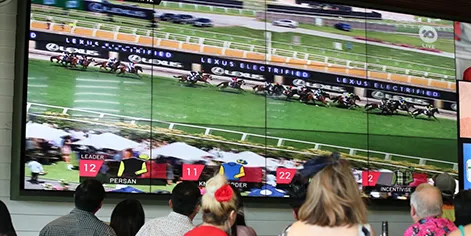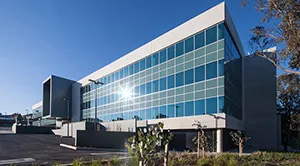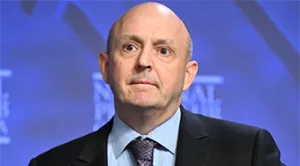 This August remains a difficult month for the Albanese Government as criticism surrounding its approach toward tackling gambling ads continues to dominate across media and social networks. Many oppose Labour’s plans to implement a partial ban on the promotion of gambling, but those in favour of balanced measures have argued that free-to-air media will suffer if the government pulls the plug on its gambling ad revenue and bans betting advertising outright.
This August remains a difficult month for the Albanese Government as criticism surrounding its approach toward tackling gambling ads continues to dominate across media and social networks. Many oppose Labour’s plans to implement a partial ban on the promotion of gambling, but those in favour of balanced measures have argued that free-to-air media will suffer if the government pulls the plug on its gambling ad revenue and bans betting advertising outright.
The Australia Institute has proposed a solution to this issue in the form of a 2% levy on gambling revenue. According to Senior Fellow and Contributing Editor Stephen Long, a 1.4% levy would be enough to make up for the near AU$240 million networks stand to lose should a full ban on gambling ads come into effect. If that figure is rounded up to 2%, the Australian Broadcasting Corporation (ABC), which recently underwent budget cuts, will also be aided.
The Criticism Against Labour’s Partial Measures
 The latest data by the Australian Institute of Health and Welfare shows that Australian gamblers currently rank first globally in terms of yearly losses incurred from wagering expenses (AU$25 billion). Some of these losses are attributed to how prevalent gambling advertising is in the country, with some also stressing ads’ role in normalising gambling to the extent that even children are familiar with the ins and outs of betting. Gambling addiction also remains a major concern.
The latest data by the Australian Institute of Health and Welfare shows that Australian gamblers currently rank first globally in terms of yearly losses incurred from wagering expenses (AU$25 billion). Some of these losses are attributed to how prevalent gambling advertising is in the country, with some also stressing ads’ role in normalising gambling to the extent that even children are familiar with the ins and outs of betting. Gambling addiction also remains a major concern.
According to those calling for a full ban, the above issues cannot be addressed via the measures proposed by Labour, which include hourly caps and bans only on ads shown during children’s shows, an hour before and after live sports events, and online. “We know partial bans don’t work,” said Senator David Pocock during a recently aired ABC Radio programme, and he claimed they even led to an even higher saturation of gambling ads.
Instead, he and other advocates for reform have urged the government to implement all 31 proposals in the gambling harm inquiry conducted by the Standing Committee on Social Policy and Legal Affairs and published last year. The committee was chaired by the late Peta Murphy at the time, and the report includes a plan to gradually phase out gambling ads until they are banned completely.
Media Companies Would Benefit From a Full Ban Accompanied by a 2% Levy
 Stephen Long expressed that he essentially saw some of the claims surrounding media’s reliance on gambling ad revenue as overblown, stressing that other companies would purchase the advertising slots currently taken up by casino and betting operators. Moreover, networks would ultimately benefit from both the revenue from the said companies and the levy.
Stephen Long expressed that he essentially saw some of the claims surrounding media’s reliance on gambling ad revenue as overblown, stressing that other companies would purchase the advertising slots currently taken up by casino and betting operators. Moreover, networks would ultimately benefit from both the revenue from the said companies and the levy.
The same argument was made by Richard Denniss, Executive Director of the Australia Institute, who was interviewed by ABC Radio’s Rafael Epstein on Monday. He also talked about how gambling companies will be affected, claiming they should not mind the levy as paying the government will simply replace the AU$200 million they spend on advertising yearly. Denniss further stressed that if ads were ineffective, there was no reason for gambling operators to oppose the levy. If they were effective, however, “we need them off air as quickly as we can.“
When asked how the levy could survive when a tax on the mining industry was abolished a decade prior, Denniss highlighted that the Medicare levy survived, and stressed that one failure should not result in “Australia abandoning the idea of using its taxing spending system to solve really important social and economic problems.”
- Author


